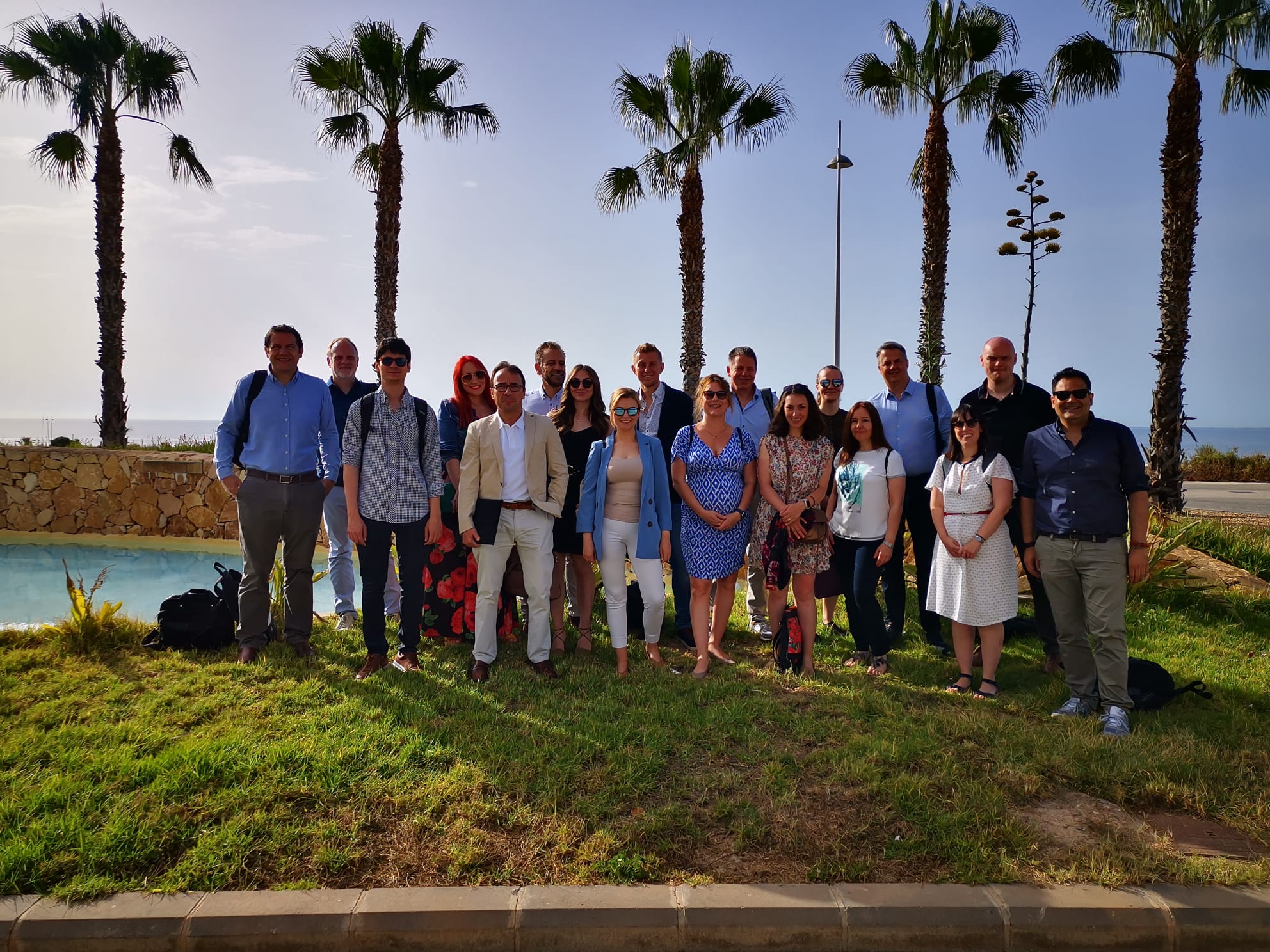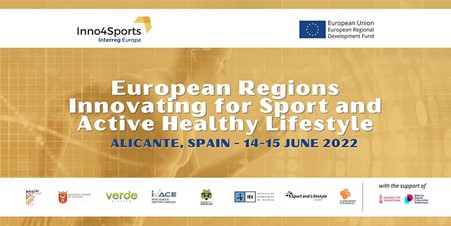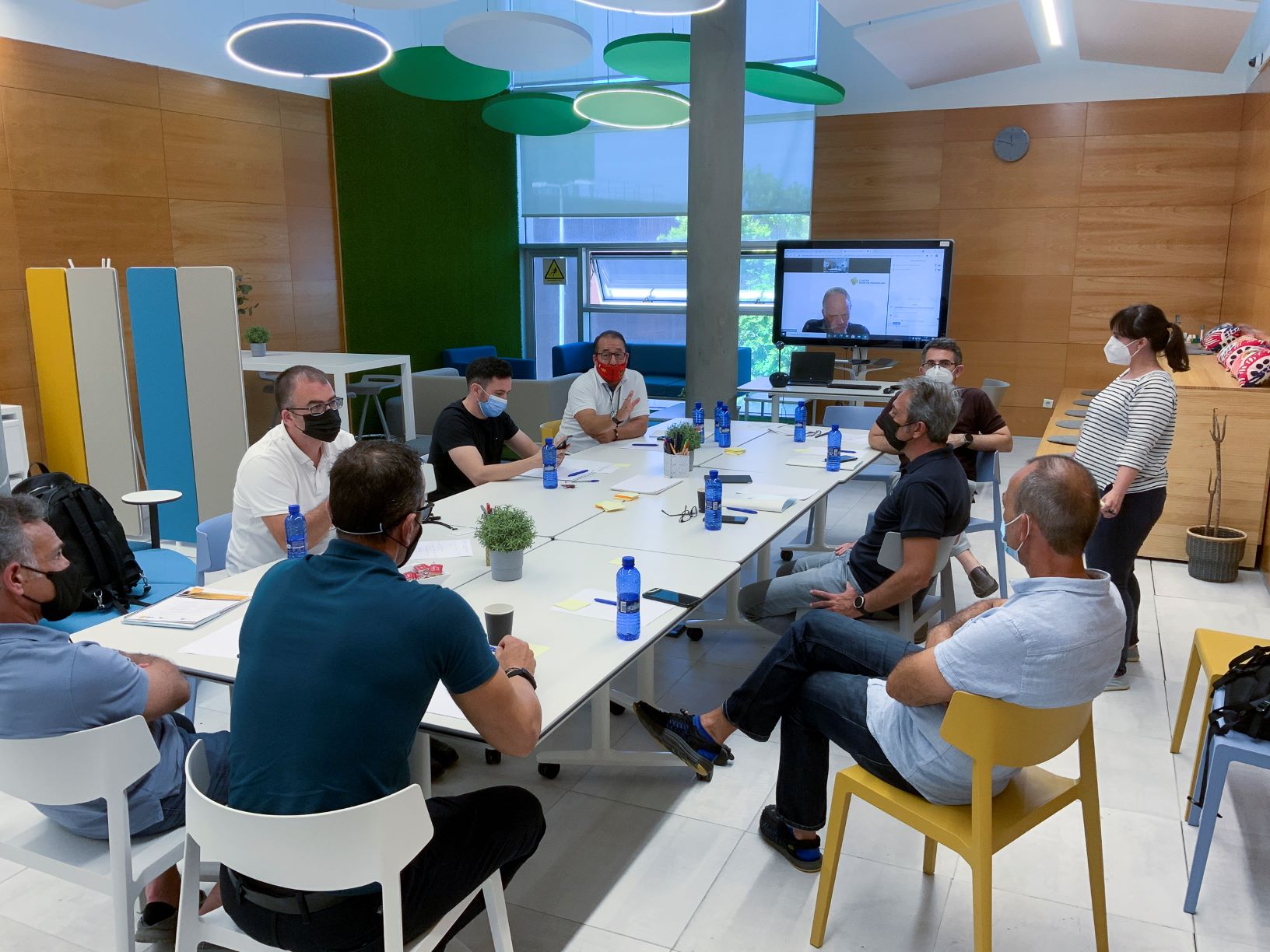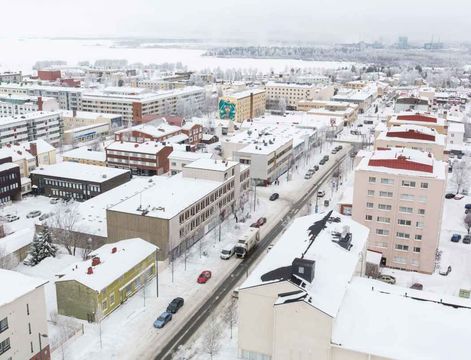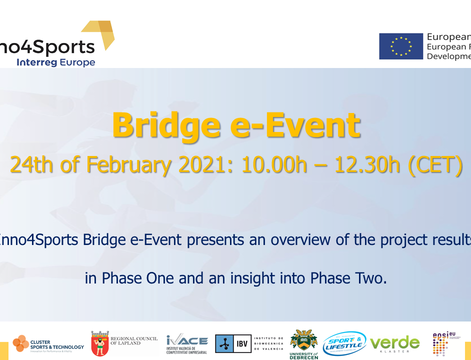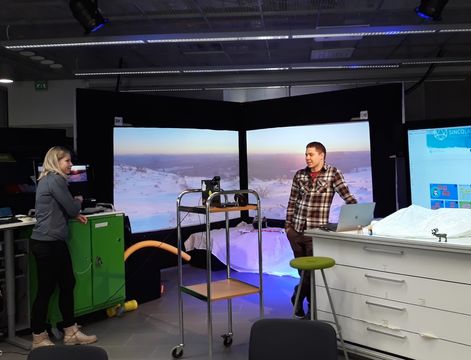Dual career and cooperative networking of sport centers
Region of Lapland is the northernmost region of EU. Lapland University of Applied Sciences cooperates closely with local sports centers and develops international partnerships. The aim is to enhance the human resources and investments in our region in cooperation with European partners. The region wants to develop athletic educational paths and recognize informal learning via sports.
The main purpose of the dual career approach, both in EU and in the region, is to combine education and sports. The approach aims at recognizing the skills and knowledge gained from sports – also as ECTS credits in curricula. Furthermore, the dual career highlights general working life competencies that sports produce, as well as the various means to adapt formal teaching and learning applicable to young athletes. Well-functioning dual career is crucial for sports center since it brings more students and customers that support the regional economy.
Lapland has been actively developing the dual career approach since 2003. The development began when Lapland Sports Academy network was established with cohesion funding (ESF). Since then, the network has been formalized as part of daily activities of the educational organizations in the region.
In 2009, Lapland Sports Academy initiated European INTECS consortium to gather challenges and good practices from winter sports (Preparatory Actions 2009). This activity also contributed to the preparation of Erasmus+ Sport program, where the combination of sports and education is a priority. Athlete education models were further developed together with six European regions in WINNER Education model – athletic path in higher education (Lifelong Learning program, 2013-2017). The WINNER model is currently in practice in the partner organizations and the cooperation continues in AMiD – athletic mobility network that tackles athletic mobility (Erasmus+ Sport).
In addition, more resource efficient sports R&D is currently developed in S3 ClusSport network that focuses on preparing the upcoming program period and has submitted several investments and education proposals to European funding.
There have been good results from dual career model and in 2019 sports were one of the most popular fields of study at Lapland University of Applied Sciences. However, not all athletes study in fields where the sport-related competences can easily be applied. In the future, there is also a need to improve ways to implement dual career model in fields not related to sport.


